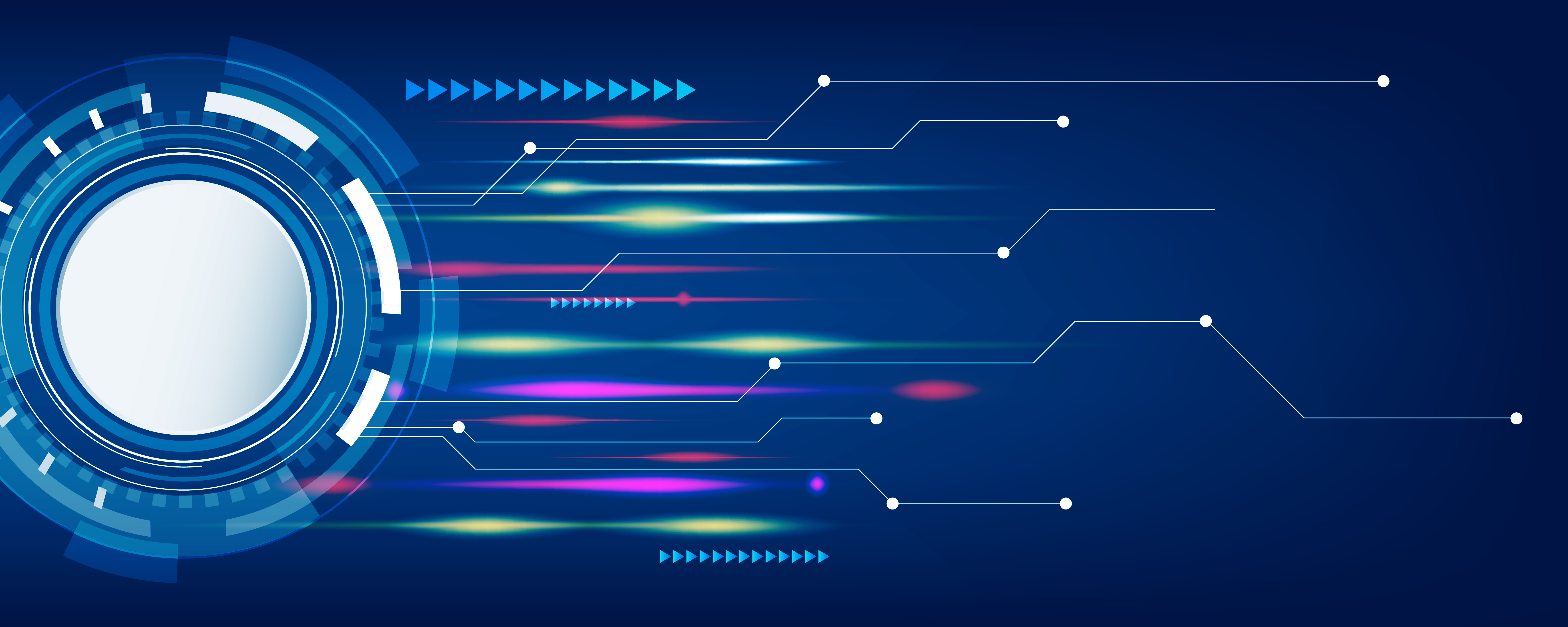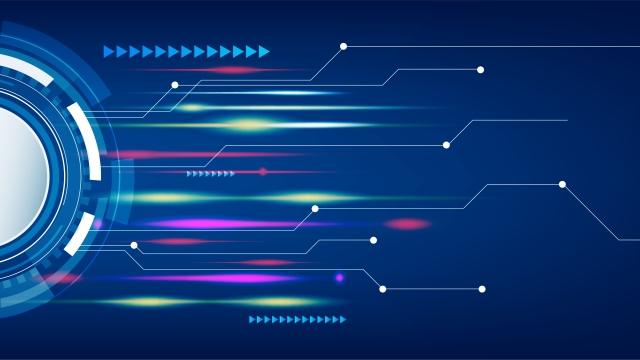Welcome to a world where technology continually pushes the boundaries of our imagination, propelling us into a future defined by innovation and possibility. From the smartphone in our pockets to the artificial intelligence that aids us in our daily lives, technology has become an inseparable companion, shaping our world in ways we could only dream of in the past. As we stand on the cusp of a new era, the possibilities that lie before us are both exciting and awe-inspiring.
Technology, with its ceaseless evolution, has proven time and again that it is not bound by limitations. It has transformed our lives, revolutionizing the way we communicate, work, and even entertain ourselves. But the significance of technology extends far beyond our immediate conveniences. It has the power to reshape industries, revolutionize healthcare, and pave the way towards a more sustainable future. From self-driving cars to virtual reality, the advancements we are witnessing are the stepping stones to an era that promises to be more interconnected, intelligent, and efficient than ever before.
In this article, we will explore the futuristic possibilities that technology holds for us, unveiling the innovations that are poised to shape our tomorrow. We will delve into the realms of artificial intelligence, robotics, renewable energy, and space exploration, uncovering the potential they possess to redefine our understanding of what is possible. Join us on this journey as we venture into the uncharted territories of tomorrow’s technologies, where the only limit is the extent of our imagination. So buckle up and prepare to be amazed, for the future is calling, and it promises to be nothing short of extraordinary.
Artificial Intelligence: Revolutionizing Industries
Artificial Intelligence (AI) has emerged as a game-changer, revolutionizing various industries. With its advanced algorithms and machine learning capabilities, AI has the potential to transform the way we live and work. From healthcare to finance, AI is making significant strides, opening doors to new possibilities and endless opportunities.
In the healthcare industry, AI is paving the way for innovative solutions. It has the potential to analyze colossal amounts of medical data quickly and accurately, assisting doctors in diagnosing diseases and recommending personalized treatment plans. AI-powered systems can also help in the early detection of diseases, leading to better patient outcomes. With AI at the forefront, healthcare providers can unlock substantial improvements in efficiency, accuracy, and patient care.
The finance sector is also experiencing the transformative power of AI. AI algorithms can process intricate financial data, analyze market trends, and make informed predictions. This enables financial institutions to better assess risks, make smarter investment decisions, and create more accurate financial models. Additionally, AI-powered chatbots and virtual assistants are revolutionizing customer service in the finance industry, providing personalized recommendations and assistance efficiently.
Another industry significantly impacted by AI is transportation. Self-driving cars have become a hot topic, showcasing the potential of AI in revolutionizing transportation. With AI algorithms, vehicles can analyze real-time data, make split-second decisions, and navigate complex road conditions, enhancing safety and efficiency. Moreover, AI systems can help optimize logistics and supply chain management, reducing costs and improving overall efficiency in the transportation industry.
In conclusion, AI is revolutionizing industries across the board. From healthcare to finance and transportation, the potential for AI to transform the way businesses operate is immense. As AI continues to advance, we can expect to see even more exciting and innovative applications that will shape the industries of tomorrow.
Immersive Technologies: Redefining Human Experience
The rapid advancements in technology have paved the way for immersive experiences that were once mere figments of our imagination. These cutting-edge technologies are set to revolutionize the way we perceive and interact with the world around us.
One such innovation is virtual reality (VR), which transports users into entirely digital realms. By wearing a VR headset, individuals can dive into lifelike simulations and explore new dimensions that were previously inaccessible. Whether it’s exploring the depths of the ocean, traveling to distant galaxies, or even reliving historical moments, VR allows us to transcend the limitations of physical reality and immerse ourselves in alternative worlds.
Augmented reality (AR) is another technology that promises to reshape human experience. Unlike VR, AR overlays virtual elements onto the real world, enhancing our surroundings with digital information. This technology has already infiltrated various sectors, from gaming to education and retail. AR applications allow users to visualize furniture in their homes before purchasing, learn complex subjects through interactive experiences, and even bring an artist’s masterpiece to life right before their eyes. With AR, the line between the physical and digital realms continues to blur, opening up endless possibilities for creativity and practicality.
Beyond VR and AR, haptic feedback technology is also redefining the way we interact with our devices. This technology provides realistic tactile sensations through vibrations, pulses, and movements, enhancing the overall sensory experience. From gaming controllers that simulate the recoil of a gun to surgical training simulators that replicate the sense of touch, haptic feedback enables users to engage with digital content in ways that feel remarkably real.
Immersive technologies have the potential to reshape the future of entertainment, education, healthcare, and various other fields. As we continue to push the boundaries of what is possible, our understanding of human experience will undoubtedly be transformed. With each technological breakthrough, we inch closer to a tomorrow where our digital and physical realities merge seamlessly, unlocking a world of limitless possibilities.

Internet of Things: Connecting the World
The Internet of Things (IoT) has revolutionized the way we connect and interact with the world around us. By seamlessly integrating technology into our everyday objects, IoT has paved the way for a more interconnected and efficient future.
One of the key aspects of IoT is the ability to gather and analyze data from various devices and sensors. For example, smart home systems can collect data from appliances, security cameras, and even wearable devices, allowing homeowners to control and monitor their homes remotely. This level of connectivity not only enhances convenience but also improves energy efficiency and overall security.
Moreover, IoT has the potential to transform entire industries. In manufacturing, for instance, connected devices can communicate with each other, optimizing production processes and reducing downtime. This not only streamlines operations but also enables manufacturers to make data-driven decisions, leading to increased productivity and cost savings.
Mark Majtan
The power of IoT extends beyond just our homes and workplaces. It has the potential to make our cities smarter and more sustainable. By integrating sensors and devices into critical infrastructure, we can monitor air quality, traffic patterns, and waste management systems in real-time. This data can be used to make informed decisions and policies that improve the quality of life for citizens and create more sustainable and livable cities.
As technology continues to advance, the Internet of Things will play an increasingly significant role in our daily lives. With its ability to connect and communicate with various devices, IoT holds the promise of a future where our world is seamlessly interconnected, enabling us to live more efficiently and sustainably.



